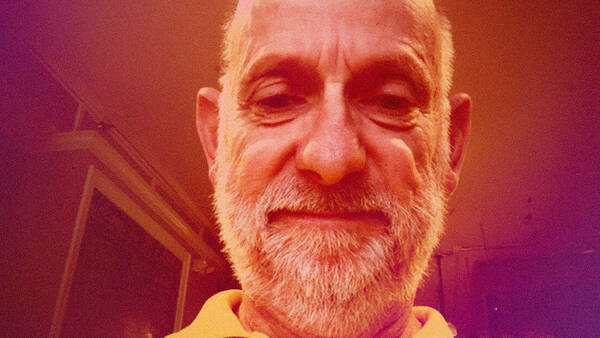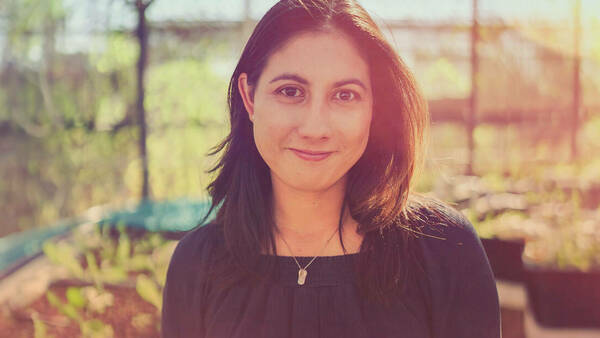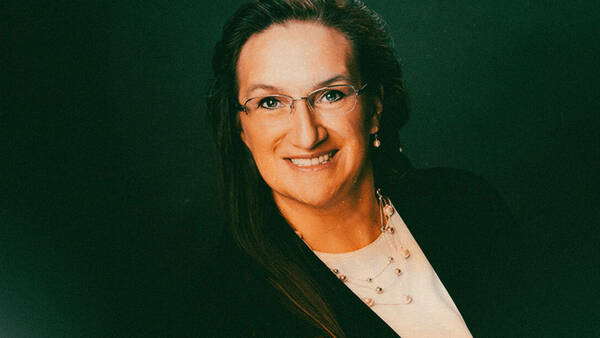When Tony Karrat ’67 took over as executive director of Legal Aid Service of Broward County (FL) in 1976, he was one of three attorneys on staff. Today, after 46 years with Karrat at the helm, the organization has morphed into a regional law firm of 73 attorneys with a budget of $12 million and expanded to become Legal Aid of Broward and Collier Counties.
To achieve that type of growth, Karrat says his approach was two-fold: collaboration with the local community and education about the power of legal aid. Legal Aid offers free services that can often be life-changing by supporting people who need legal assistance in obtaining housing, special education services from their school districts, or government benefits like Social Security, unemployment, and food stamps, as well as those needing help with legal aspects of immigration and domestic violence.
“At first, it was educating community leaders, funders, and not-for-profit programs of the importance of legal assistance and all the different things we could do to help the poor in the community lead better lives and avoid some of the hardships that they’re facing,” says Karrat, who works closely with local nonprofits and the Florida Department of Children and Families.
To help them understand, Karrat turned to examples, like how they can help someone get a restraining order if there is abuse in the home, or take action if there is discrimination in attempts to find housing. He also often points out how a seemingly isolated event can have a domino effect on someone’s entire life, like if their car is repossessed because of late payments. Karrat and his colleagues aim to prevent that with free civil legal services.
“Once you lose your car, how do you get to work? If you can’t get to work, how do you pay your rent or get your medical bills paid? If you can’t get to work and you lose your job, you may not have any medical insurance,” he says. “A lawyer can help to make sure that the repossession was appropriate, that there wasn’t any illegal activity, or see if they wrongfully repossessed the car. So, there's a lot of things that a lawyer can do to help protect that family.”
While individual legal cases make up a large portion of their work, they also do impact advocacy, taking on policy cases that have led to more safe and equitable housing policies and an increase in affordable housing.
“It is amazing that we are able to do so many good things to help people to make their lives better, so that they can support their families, and, at some point, not need to rely on any government help or assistance, so that they can be more self-sufficient,” Karrat says. “It’s very collaborative. You cannot exist alone. You have to be working with the people in your community who recognize the importance of what you do. We partner with not-for-profits and tell them [to] send us [their] clients, or ‘Let’s work together on a grant to help our combined community.’”
For Karrat, it has always been about helping his community. After graduating from Notre Dame with a degree in government and international relations, he went to law school at George Washington University in Washington, D.C. His first job out of law school was as a VISTA (Volunteers in Service to America) attorney, providing legal services to the poor in Seattle.
“I really never looked at law school as a way of making money. It was a way of perhaps using the law to help people,” he says. “Being able to help people with my degree was really what I wanted to do.”
This innate desire was reinforced in Karrat while he was at Notre Dame, where, he says, “it creates in you a preparation for going out into the world and doing the things that you've learned. And you learn at Notre Dame to help other people, do good for other people. Not focusing inwardly on yourself, but focusing outwardly on other people in the community.”
After three years in Seattle, the Utica, New York, native and his wife, Cheryl, who grew up in the same area, wanted to come back east. He got the job with Legal Aid in Plantation, Florida, outside of Fort Lauderdale, and has been there ever since.
As he approaches retirement in 2022, Karrat has been recognized for his efforts with the LIFEtime Award from WPLG-ABC Local 10 and the 2021 Jane Elizabeth Curran Distinguished Service Award from the Florida Bar Foundation. He says he finds the attention a bit embarrassing, and is quick to give credit to his colleagues.
“I never think of what we do as being me; I see it as a program-wide type of accomplishment, resulting from the labors of our entire staff. I continuously tell them how they make me look good,” Karrat says. “Our staff are totally committed and devoted to the work they do that makes our program shine. I’m blessed to be able to be in a position to help them do that work and to address what we see are the needs in our community.”
He has a great team at work, and another great team at home in his family support system, which includes Cheryl and their three children, including twin daughters Katherine Jarl ‘03 and Kimberly Rauch ’03, and six grandchildren. “You can’t do what I do without the support of your family,” he says. “[Retiring] will be a great change because I can spend more time with this family."



